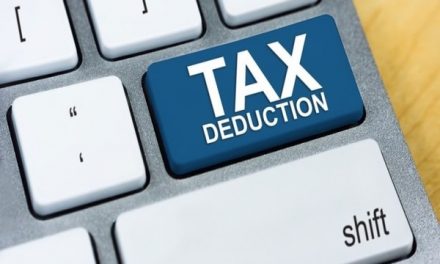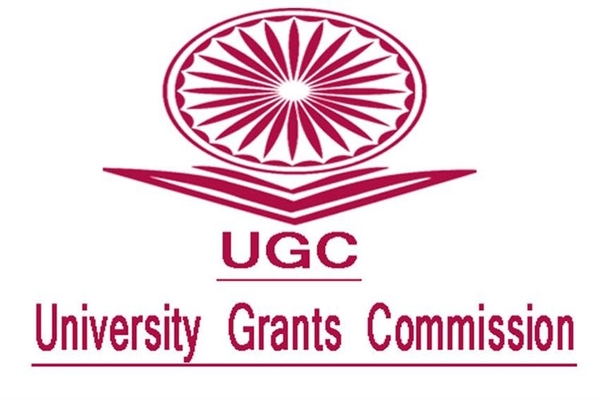About 6.25 crore taxpayers have filed their ITR utilizing the e-filing portal, whereas greater than 4.5 crore returns have already been processed and the refunds are launched. However, there can be a chance that you just may need not but obtained your tax refund.
One of the common reasons could have been the technical issue faced in the new portal and the process was delayed thereby, however, this issue has been resolved, and return processing has been expedited. Although, technical glitches or errors are some of the common factors for the delay in income tax refund. Notably, there can be other reasons why you still haven’t received your tax refund.
Additional Documents:
Your income tax refund can be delayed because the Income Tax department requires additional documentation to take the process of your refund request ahead.
To resolve this issue, a taxpayer can contact the assessing office through telephone or post. Submit the required documentation and get an acknowledgment from the officer for the same.
Outstanding tax dues:
A tax refund request can be rejected due to a taxpayer owing taxes to the IT department. A notice will be sent to a taxpayer by the department intimating about his or her’s outstanding income tax amount. If such a case arises then a taxpayer should recheck all the documents and recalculate the tax liability and refund receivable.












